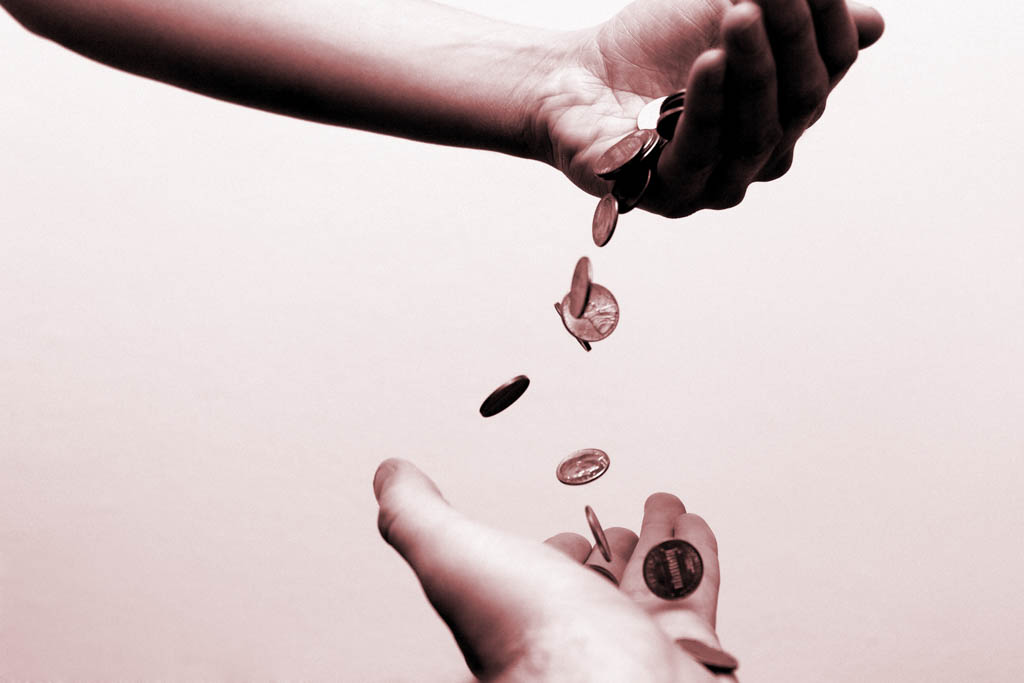Steve Jobs. Jeff Bezos. Bill Gates.
Ask anyone on the street, “Who is wealthy?” and these are the names you’ll hear in reply.
Or these:
Mr. Peanut. Scrooge McDuck. Mr. Lodge.—cartoon characters. Caricatures of material wealth.
Ask that person, “What are wealthy people like?” and you might hear:
Lucky. Carefree.
Greedy. Lazy.
Our culture’s preoccupation with money creates confusion about wealth. And the people talking and thinking about money the most are the ones who don’t have it. Is it any wonder that most of the people you meet have real issues with wealth?
Material ownership is part of wealth. But wealth is really freedom.
Wealth and Freedom
In reality, wealth is:
Freedom of time—The opportunity to choose how you invest your day.
Freedom of experience—The opportunity to immerse yourself in new places, new cultures and new adventures. Where will you go? What will you do? What connections will you make? How will your story change?
Freedom of finances—Self-reliance, security. The knowledge that you’ll sleep in a warm bed under a dry roof with a full belly. And the confidence that your position won’t change tomorrow.
Freedom of choice—Independence. The opportunity to decide your own path.
Freedom of pursuit—The opportunity to dedicate yourself to fulfilling your true potential.
Freedom of generosity—The opportunity to share and raise others up.
Freedom of mindset—Abundance, patience, peace. The opportunity to escape a mindset of competition, jealousy and comparison.
Freedom of commitment—The opportunity to commit time and resources for as long as necessary.
Freedom of legacy—The opportunity to leave a multigenerational platform of service or support. The chance to write your own story into the minds of future generations.
Freedom of health—The opportunity to control your own mobility. Freedom from the bonds of medication, weakness or mental decline.
Wealth also means responsibility—for all the above.
Wealth and Tinker Phase
Wealth produces a broad and stable platform.
When our basic needs, security needs and social needs are met, we’re free to work on societal problems. We can dedicate our time to service. We can pursue self-actualization by giving to others: our capital resources, our time and our knowledge.
A poor farmer in Argentina might have some of the elements of wealth. Though cash-poor, he has freedom of time: He can choose where to allocate his labor every day. Perhaps he has a family, which allows him to feel important as a father. And he might have his health, access to clean air and lots of sunlight. In fact, money might be the only element of wealth he lacks. Why don’t we refer to him as wealthy?
This isn’t Reaganomics: Money doesn’t always trickle down from the rich to the poor. Possession of capital isn’t the only requisite for wealth. But capital is the great enabler: Most of the other components of wealth require capital.
Wealth also requires attention: Capital can’t buy health or mental acuity or, beyond a certain point, happiness. It can’t buy your family’s love or undo a lifetime of oppression. Only time, practice and servitude can provide health, mastery and joy. But money creates that time. Money pays for the coaching. And money serves.
Money can be spent, but so can time. So can energy. So can care.
Earning and spending are the yin and yang of wealth.
Wealth is our goal in the Tinker Phase.
Which stage of entrepreneurship are you in? Take our 20-question quiz to find out and get the exact steps you need to take your business to the next level.

